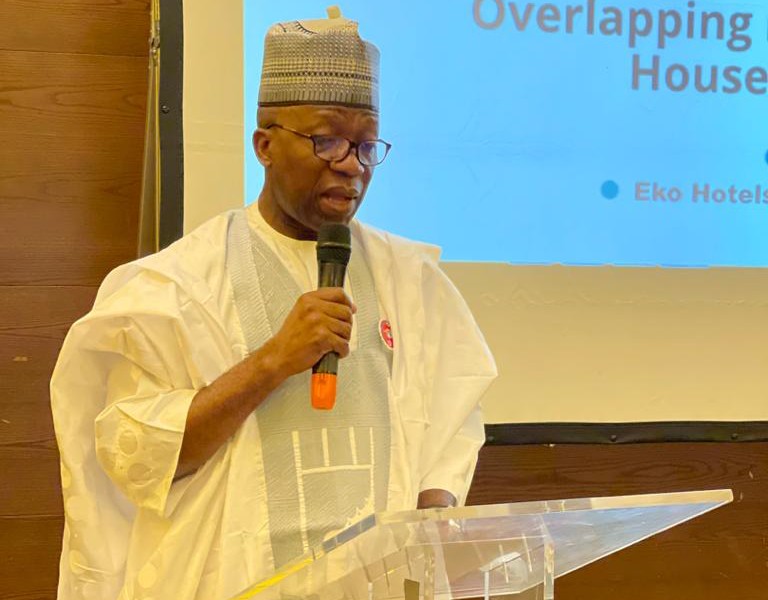Director-General of the National Institute for Legislative and Democratic Studies (NILDS), Prof. Abubakar Sulaiman on Tuesday disclosed that most of the laws regulating security agencies have become “antiquated.”
He said the legal framework does not fit for the reality of the present day Nigeria with multiple security challenges.
- Troops Raid Criminals’ Hideout, Eliminate 2 In Nasarawa -DHQ
- Insecurity: Why Buhari Shunned National Assembly
Sulaiman spoke in Lagos at a retreat on “Enhancing the Role of Parliamentary Committees in Fostering Inter-Agency Collaboration through Effective Security Sector Legislation.”
He explained that the retreat was the climax of months of work that included a survey on overlapping mandates commissioned by the Konrad Adenauer Foundation (KAS) and a series of workshops with heads of security agencies and security based committees of the House of Representatives.
According to him, the KAS survey has clearly outlined the various areas of overlaps in mandate of the security agencies and the potential for conflict if not properly managed.
He said the review of the KAS survey indicated that while the security agencies perform joint responsibility in the promotion of internal security, the legal framework failed to define limits, specify roles or confer coordinating authority.
Besides, Sulaiman stated that the legal framework failed in “outlining chains of command and reporting lines particularly in joint operations.”
The DG however noted that multiple security challenges confronting Nigeria have made overlapping of duties of security agencies unavoidable and necessary.
He suggested that each agency must foster collaboration and build synergy “in a way that is mutually beneficial and can guarantee greater security for Nigerians.”
According to him, synergizing would make them effective in the discharge of their duties.
He said, “The involvement of lawmakers from the very onset is predicated on their constitutional mandate to make laws that promote good governance and rule of law, including governance of the security sector.
Sulaiman insisted that lawmakers “are best placed to drive the security sector reform process” in view of the immense legislative powers conferred on them in the constitution.
“At this retreat therefore, the action plan developed should clearly group the various recommendations into immediate, medium-term and long-term goals. The areas of convergence should be prioritised and implemented immediately while others that require more refinement and consultation can be tabled sometime before the end of the 9th Assembly,” he said.

 Join Daily Trust WhatsApp Community For Quick Access To News and Happenings Around You.
Join Daily Trust WhatsApp Community For Quick Access To News and Happenings Around You.


